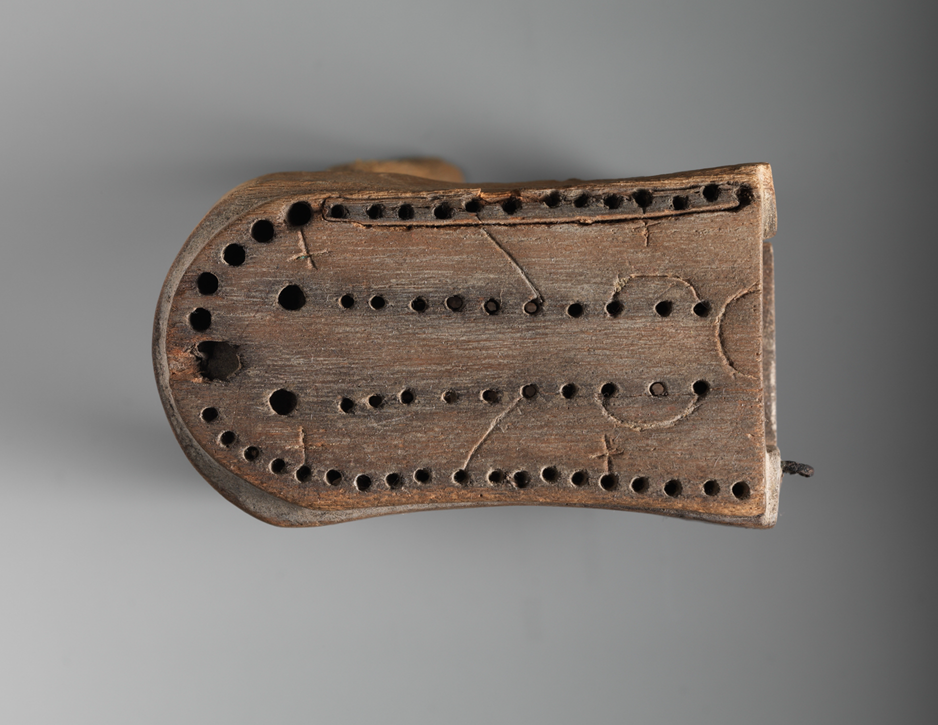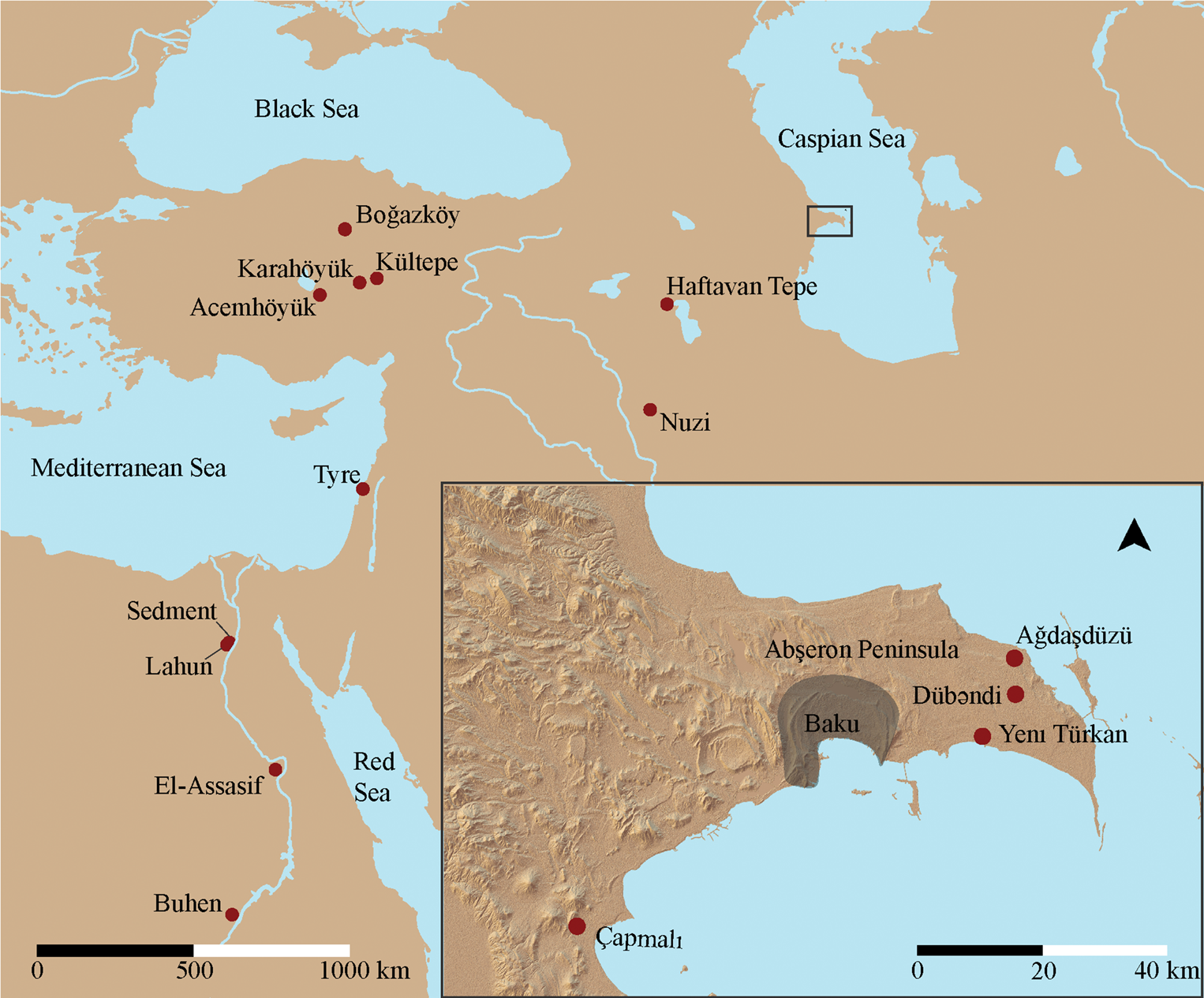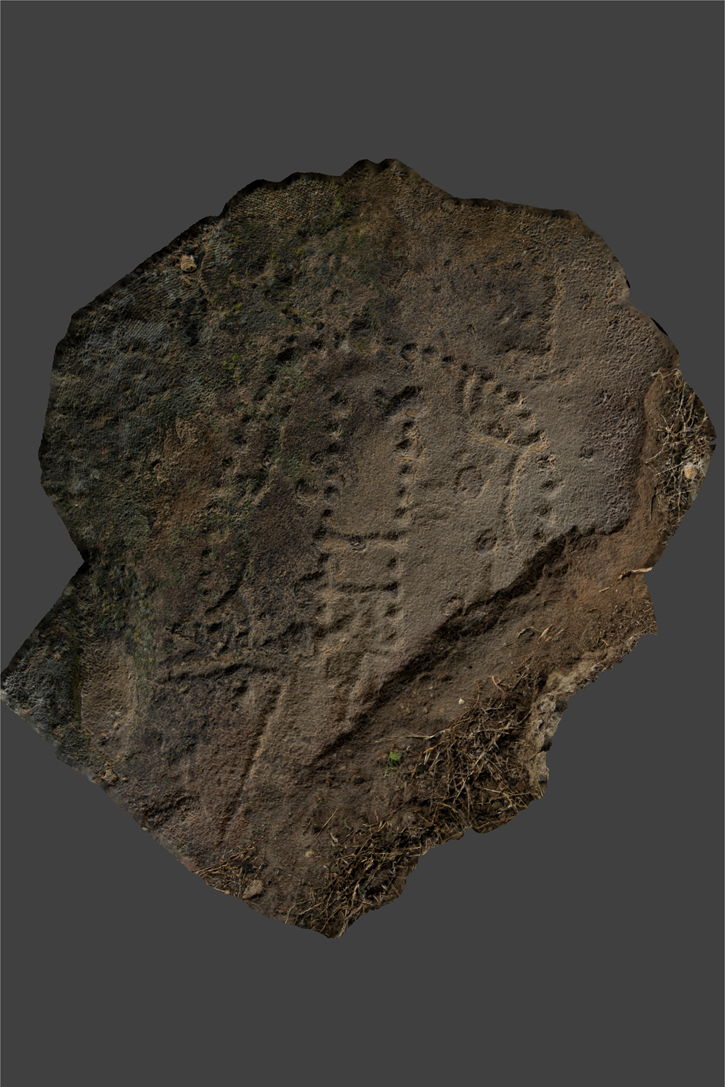Archaeologists discover surprising origins of ancient Egypt’s favourite board game
Findings suggest Caspian coast was culturally connected to wider region via this game than previously thought
The board game hounds and jackals, popular in ancient Egypt, likely originated in southwestern Asia, according to a new study that reveals clues about human interactions facilitated by games 4,000 years ago.
Archaeologists have found rock carvings of the ancient game dating to around 2000BC at various sites in modern-day Azerbaijan, pointing to its early adoption among cattle herders in the region.
This period is contemporary to the oldest example of the game – previously found in the tomb of an Egyptian government official who died somewhere around 2064 and 1952 BC.
“At certain times in antiquity, particular games were regionally popular, suggesting that they helped to connect cultures that regularly interacted with one another,” researchers explained.
“The game of 58 holes probably served this purpose in the second millennium BC in Egypt and southwestern Asia, because it was the only game played throughout the region,” they say.

The two-player game, also known as 58 holes, features pieces with either the shape of a jackal’s or a hound’s head and is played on a board with holes meant for the peg-shaped pieces.
At the centre of the board are two parallel lines of 10 holes and an arc of 38 holes around them – making a total of 58 holes.
Some holes are specifically marked or connected with a line.
Players move their pieces around a track to see who reaches the end first much like snakes and ladders, or ludo.
Different variations of the game have been discovered to be popular for over 1,000 years from the Middle Bronze Age into the Iron Age.

So far, 70 boards of the game have been found across a broad region covering Egypt, the Levant, Mesopotamia, Iran, and Anatolia, and evidence suggests it was “widely played from very early in its existence”.
Researchers have found six more board designs at archaeological sites across Azerbaijan – three at Agdasduzu, and one each at Capmalı, Yenı Turkan, and Dubandi.
These sites have now been roughly dated.

Archaeologists suspect the Agdasduzu boards likely belong to the second millennium BC, while the other three could be from between the second half of the third millennium BC and the first half of the second.
The latest findings, published in the European Journal of Archaeology, favour the game’s first appearance in southwestern Asia instead of Egypt.

Researchers suggest that the Caspian coast was culturally connected to a wider region than previously thought through playing this game.
They say the discovery points to the Asian region’s connection to societies to the south and the game’s popularity “across cultures and socioeconomic groups”.
“Whatever the origin of the game of 58 holes, it was quickly adopted and played by a wide variety of people, from the nobility of Middle Kingdom Egypt to the cattle herders of the Caucasus, and from the Old Assyrian traders in Anatolia to the workers who built Middle Kingdom pyramids,” scientists wrote.
“The fast spread of this game attests to the ability of games to act as social lubricants, facilitating interactions across social boundaries,” they said.
Join our commenting forum
Join thought-provoking conversations, follow other Independent readers and see their replies
Comments
Bookmark popover
Removed from bookmarks